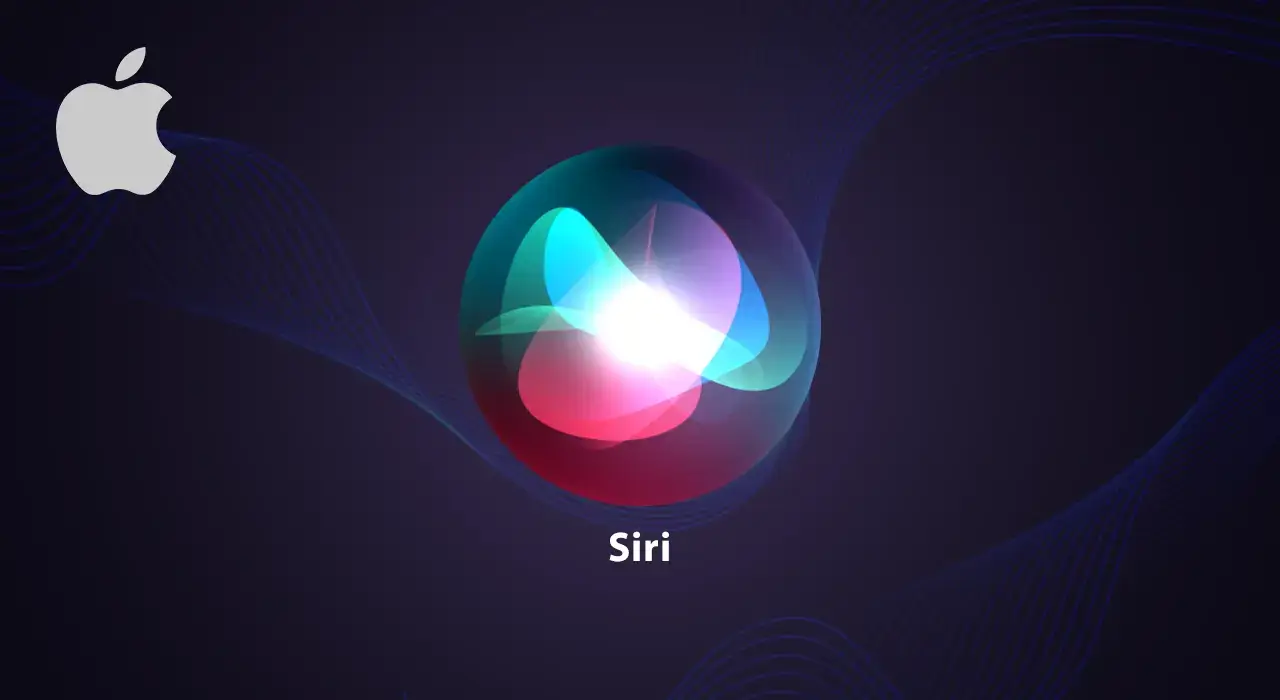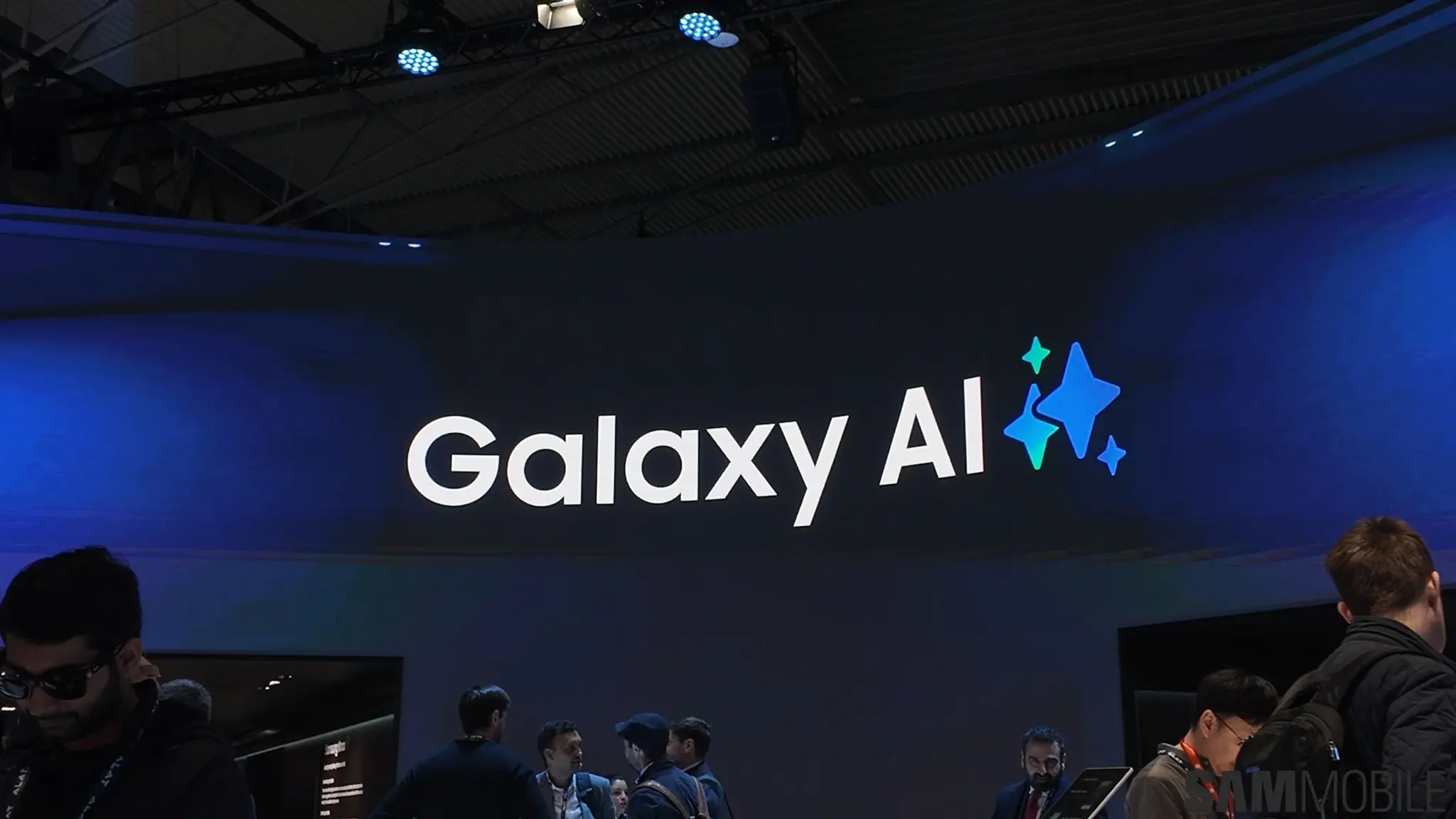For years, Apple users have been waiting for Siri to truly become the intelligent, conversational assistant it was promised to be. Despite Apple’s significant investments in artificial intelligence and machine learning, Siri seems to be lagging behind competitors like Google Assistant and Amazon’s Alexa, particularly in its ability to understand complex requests and engage in natural-sounding conversations. While Apple has made incremental improvements to Siri over the years, its plans for a more radical evolution keep getting pushed further into the future.
This delay raises questions about Apple’s AI strategy and its ability to compete in the rapidly evolving world of virtual assistants. Why is Siri struggling to keep up, and what are the implications for Apple’s future in the AI space? This article delves into the reasons behind Siri’s stalled progress, explores Apple’s plans for its future, and examines the challenges the company faces in bringing its AI assistant up to par with the competition.
Siri’s Shortcomings: A Legacy of Limitations
Siri, introduced in 2011, was a pioneer in the world of voice assistants. However, its initial promise has been overshadowed by its limitations. Compared to its rivals, Siri often feels clunky and rigid, struggling with:
- Complex queries and multi-step instructions: Siri often misinterprets complex requests or breaks down when given multi-step instructions. For instance, asking Siri to “Set an alarm for 7 AM tomorrow and then play my morning playlist” might result in only one of those actions being completed.
- Contextual understanding: Siri struggles to maintain context in conversations, often requiring users to repeat information or rephrase requests.
- Natural language processing: While Siri’s voice recognition has improved, it still lacks the natural language processing capabilities of its competitors. This makes it difficult for Siri to understand nuanced language or engage in truly conversational interactions.
These shortcomings have led to frustration among users, many of whom have turned to alternative assistants that offer a more seamless and intelligent experience.
Apple’s Ambitious Plans: A Glimpse into the Future of Siri
Despite the delays, Apple has ambitious plans for Siri’s future. Reports suggest that the company is working on a major overhaul of its AI assistant, powered by advanced large language models (LLMs). This new version, internally referred to as “LLM Siri,” is expected to bring significant improvements, including:
- Enhanced conversational abilities: LLM Siri is expected to be capable of engaging in more natural and dynamic conversations, with improved contextual understanding and the ability to handle back-and-forth dialogue.
- Improved third-party app integration: Apple aims to give Siri more control over third-party apps, allowing users to perform complex actions within those apps using voice commands.
- New text-based capabilities: Siri is expected to gain new text-based functionalities, such as summarizing text and composing messages.
These planned enhancements suggest that Apple is serious about catching up with the competition and transforming Siri into a truly intelligent and versatile assistant. However, the question remains: why is this evolution taking so long?
The Challenges Facing Siri’s Evolution
Several factors contribute to the delays in Siri’s development:
- Apple’s Privacy Focus: Apple’s strong emphasis on user privacy has reportedly limited Siri’s ability to learn and adapt as quickly as its competitors. While privacy is a crucial consideration, it can present challenges in developing AI models that require vast amounts of data to train effectively.
- Organizational Structure: Reports suggest that internal organizational challenges within Apple have hampered Siri’s development. Siloed teams and a lack of clear direction may have contributed to slower progress.
- Technical Hurdles: Developing advanced AI models like LLMs is a complex and resource-intensive process. Apple may be facing technical challenges in integrating these models into Siri while maintaining its performance and reliability.
These challenges highlight the complexities of developing cutting-edge AI assistants and the difficulties Apple faces in bringing its vision for Siri to fruition.
My Personal Experience with Siri’s Frustrations
As an Apple user for many years, I’ve experienced firsthand the frustrations of using Siri. While I appreciate Siri’s ability to perform basic tasks like setting timers or sending messages, I often find myself resorting to manual input for more complex requests. For instance, I recently tried to use Siri to book a table at a restaurant, but it struggled to understand my request and ultimately failed to complete the task. This forced me to use a separate app, highlighting the limitations of Siri compared to other assistants that can seamlessly handle such requests.
The Competitive Landscape: A Race to AI Dominance
The AI landscape is constantly evolving, with companies like Google and Amazon making significant strides in their respective assistants. Google Assistant, with its deep integration with Google services and its impressive natural language understanding, has become a formidable competitor. Amazon’s Alexa, with its vast ecosystem of smart home devices, has also gained a strong foothold in the market.
Apple’s delay in bringing LLM Siri to market puts it at risk of falling further behind. While Apple has a loyal user base, the company cannot afford to rest on its laurels in the face of increasingly sophisticated competition.
The Future of Siri: A Long Road Ahead
Despite the challenges, Apple remains committed to Siri’s evolution. The company’s investments in AI research and development suggest that it recognizes the importance of having a powerful and versatile AI assistant. However, the road ahead is likely to be long and challenging.
Apple needs to overcome its internal challenges, address its privacy concerns, and accelerate its development efforts to bring LLM Siri to market. The company also needs to ensure that Siri integrates seamlessly with its growing ecosystem of devices and services.
The success of Siri’s evolution will be crucial for Apple’s future in the AI space. As AI becomes increasingly integrated into our lives, a powerful and intuitive AI assistant will be a key differentiator for tech companies. Apple needs to ensure that Siri is not left behind in this race.
Siri’s stalled evolution represents a defining moment for Apple’s AI ambitions. The company needs to overcome the challenges it faces and deliver on its promises to transform Siri into a truly intelligent and indispensable assistant.
The future of Siri will depend on Apple’s ability to innovate, adapt, and execute its AI strategy effectively. Only then can Siri reclaim its position as a leader in the AI assistant space and fulfill its potential as a truly intelligent companion for Apple users.






























